Poetry involves the mysteries of the irrational perceived through rational words
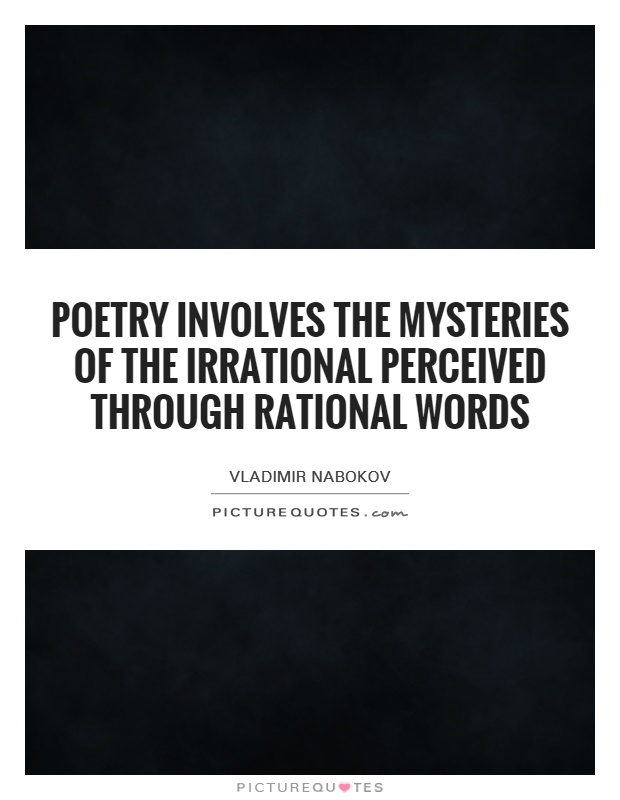
Poetry involves the mysteries of the irrational perceived through rational words
Vladimir Nabokov, the renowned Russian-American novelist and poet, was a master at capturing the mysteries of the irrational through his rational use of words. His poetry, like his prose, often delved into the complexities of human emotion and experience, exploring the depths of the subconscious mind and the enigmatic nature of existence.Nabokov's poetry is characterized by its intricate wordplay, vivid imagery, and profound insights into the human condition. His poems often blur the line between reality and fantasy, inviting readers to explore the hidden recesses of their own minds and emotions. In this sense, Nabokov's poetry can be seen as a form of psychological exploration, a journey into the depths of the irrational that lies beneath the surface of everyday life.
One of the most striking aspects of Nabokov's poetry is his ability to convey complex emotions and ideas through seemingly simple language. His poems are often deceptively straightforward, with their true meaning lying just beneath the surface, waiting to be uncovered by the attentive reader. This juxtaposition of the rational and the irrational is a hallmark of Nabokov's work, as he uses the constraints of language to express the ineffable and the inexplicable.
In many ways, Nabokov's poetry can be seen as a form of alchemy, transforming the raw material of human experience into something transcendent and sublime. His poems are like intricate puzzles, inviting readers to unravel their hidden meanings and uncover the truths that lie beneath the surface. Through his use of language and imagery, Nabokov creates a world that is at once familiar and strange, inviting readers to explore the mysteries of the irrational in all its complexity.

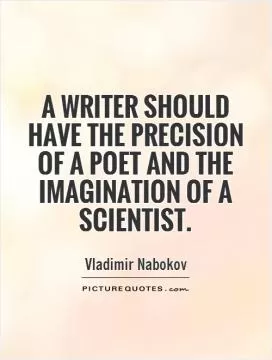

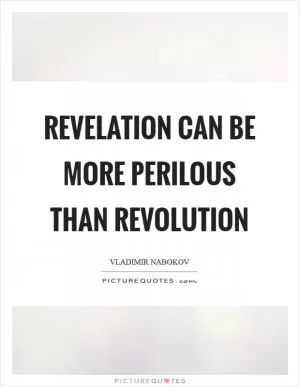
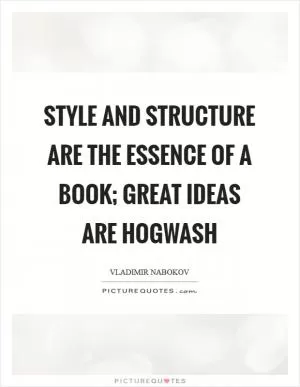
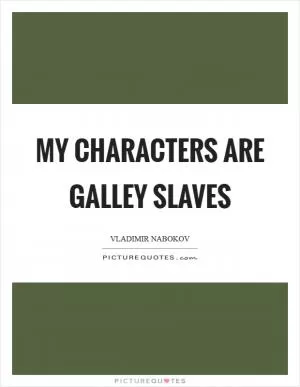
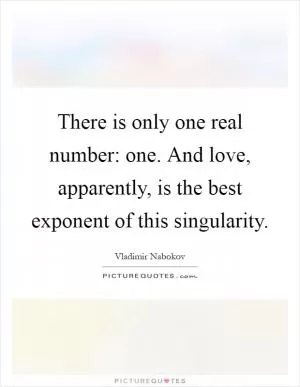
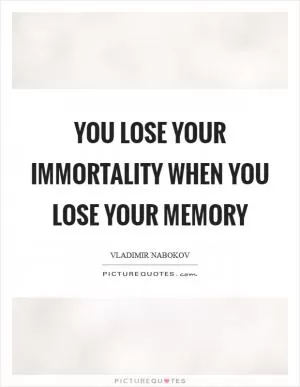
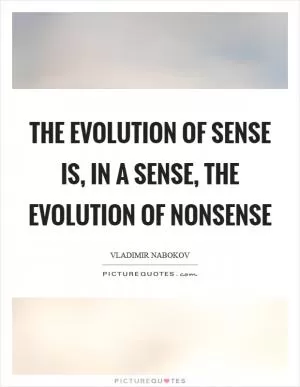
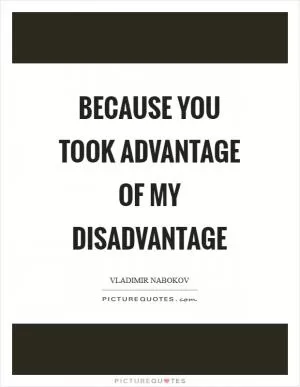
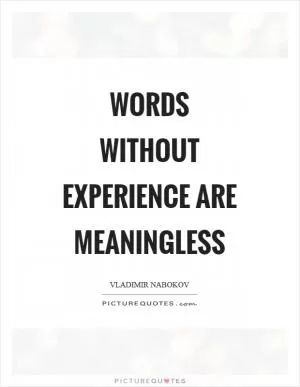
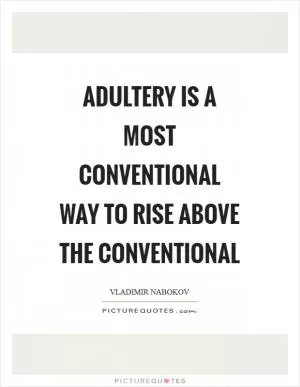
 Friendship Quotes
Friendship Quotes Love Quotes
Love Quotes Life Quotes
Life Quotes Funny Quotes
Funny Quotes Motivational Quotes
Motivational Quotes Inspirational Quotes
Inspirational Quotes